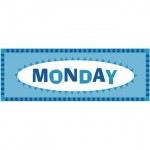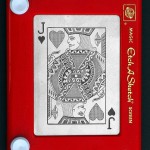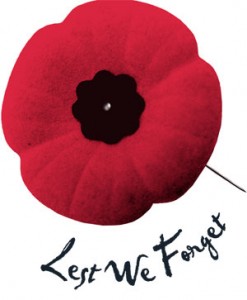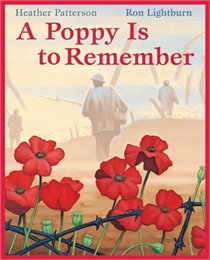Would you rather have more routine in a day or less routine? I prefer less and will admit that I’ve thought of routine as ‘same old, same old’ but it turns out that routine can be a highly beneficial tool for learning and memory, especially for kids.
When children learn a routine, they have a better understanding of what is happening. They can also cope better because they know what is coming next, so they feel more confident and in control. Children also use routines to cue their attention and focus. Something not routine alerts the brain to pay extra attention and this added attention helps for remembering. It’s easy to see how having a routine and becoming familiar with one will helps kids with learning, memory and kindergarten readiness. It’s much easier for a child to adapt  to a new routine than it is to start at the beginning and learn what routines are all about.
to a new routine than it is to start at the beginning and learn what routines are all about.
The routine of the week starts on Monday. Today, talk with your child about what’s happening and ask what will be next. This will help your little one build a mental picture of the various parts of your family’s routine. In turn, that helps with new learning, memory and readiness for kindergarten. Have a great week!



